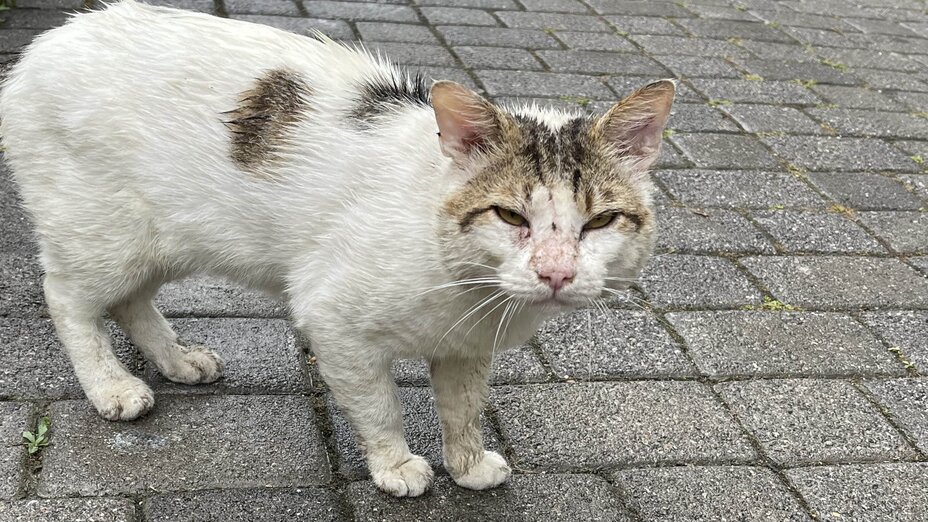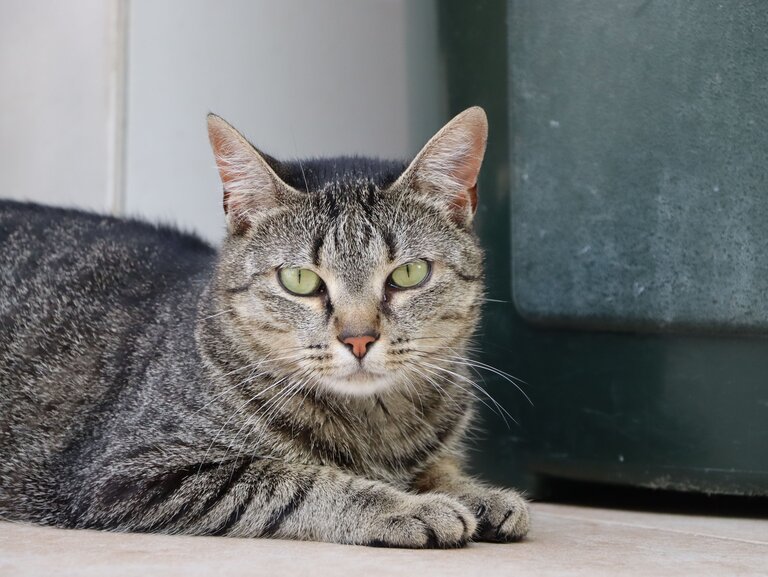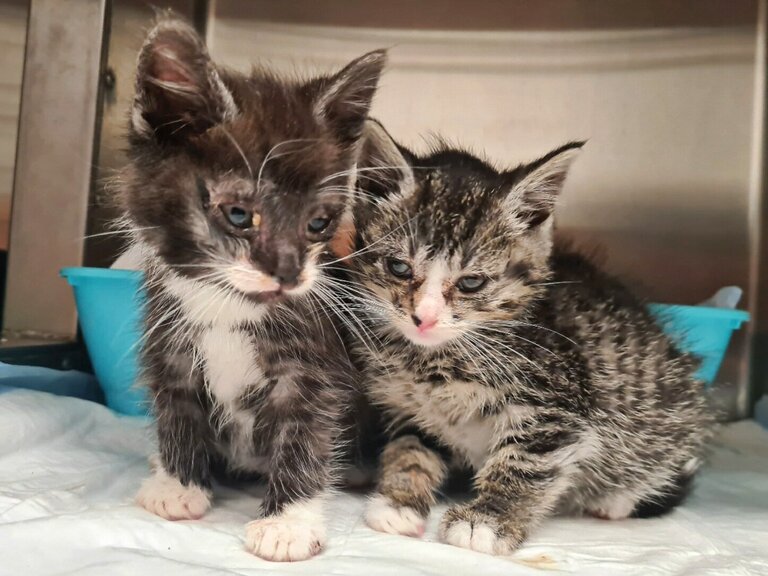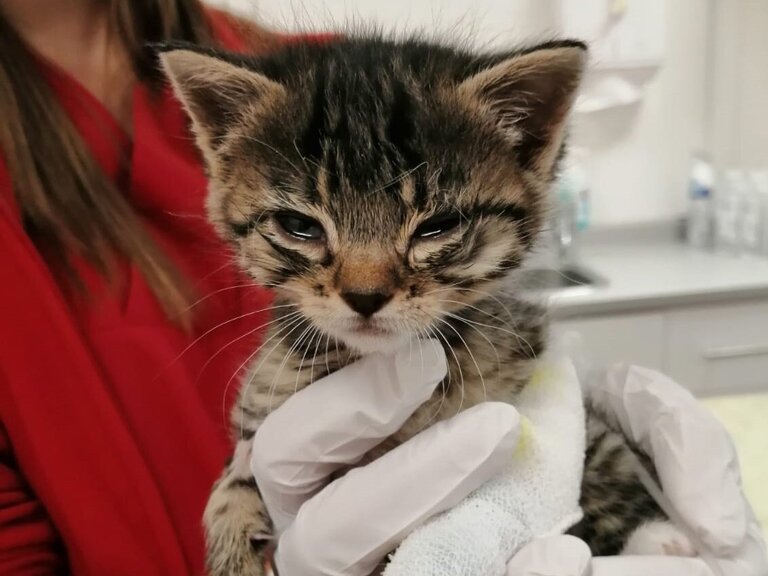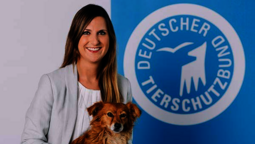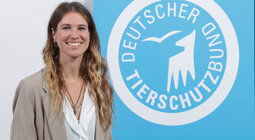The state-wide cat neutering campaign in Lower Saxony will be carried out again this year under the auspices of the "German Animal Welfare Federation of Lower Saxony". The German Animal Welfare Federation is once again providing financial support.
In order to reduce the uncontrolled reproduction of cats and the physical suffering caused by this, the state-wide campaign for neutering stray cats in Lower Saxony is entering its next round. This time, the state of Lower Saxony is providing a total of 400,000 euros. The State Animal Welfare Federation of Lower Saxony and the German Animal Welfare Federation are each contributing 20,000 euros to the planned campaign. As a result, two campaign areas can be offered this year in which stray cats can be neutered. From August 19 to September 15 and from November 4 to December 15, cats that cannot be assigned to an owner can be neutered free of charge by animal welfare organizations and private cat protectors at a veterinarian. The cats will also be marked with a transponder with a microchip and registered with FINDEFIX, the pet register of the German Animal Welfare Federation, so that they can be identified in future.
Dieter Ruhnke, Chairman of the Lower Saxony Animal Welfare Federation, explains: "Neutering is the only way to break the vicious circle of uncontrolled reproduction and reduce the suffering of cats. In addition to neutering stray cats, the adopted state-wide cat protection ordinance, which the state government was tasked with introducing by parliament in July 2023 but has still not been enacted, is also crucial for cat protection. Animal welfare activists in Lower Saxony are waiting impatiently for the coalition agreement to be complied with, given that this cat neutering campaign is likely to be the last in Lower Saxony for the time being because no budget funds have been allocated for this important animal welfare task in the coming year."
Thomas Schröder, President of the German Animal Welfare Federation, added: "The suffering of millions of stray cats has become one of the biggest unnoticed animal welfare problems in Germany in recent years. Lower Saxony has set an example with its decision to introduce a state-wide cat protection ordinance. Basically, there should be a nationwide castration obligation for outdoor cats. After all, every one of the millions of German stray cats originally came from cats in private households that were not neutered."
Background:
Stray cats are domesticated pets that are not adapted to living in the wild without human support, so when they live permanently outside of human care, they often experience pain, suffering and harm on a significant scale. As domesticated pets, cats are dependent on human care. Their life expectancy is often extremely shortened compared to cats that have a home.
In order to have stray cats neutered free of charge during the campaign period, associations and private cat protectors must register with the vets, confirm in writing that the cats are not animals living in private households and have been registered as found animals with the responsible lost and found municipality. After neutering, the cats are marked with a transponder with a microchip, registered with FINDEFIX, the pet register of the German Animal Welfare Federation, and released back at the place of capture. Volunteers continue to monitor the cats at controlled feeding stations, feed them and, if necessary, catch them so that they can receive medical treatment.
This is the eighth time since the project was launched in spring 2018 that animal welfare activists have carried out the state-wide neutering in Lower Saxony in cooperation with the State Commissioner for Animal Welfare in Lower Saxony and the veterinary profession. Following the last campaign in 2023, the Lower Saxony Animal Welfare Association assumes that around 18,500 cats have now been neutered.
Note to editors:
The German Animal Welfare Federation's "Big Cat Protection Report" demonstrates the extent of the animal welfare problem and was published as part of the association's current "Every cat's life counts!" campaign: www.jetzt-katzen-helfen.de/report

